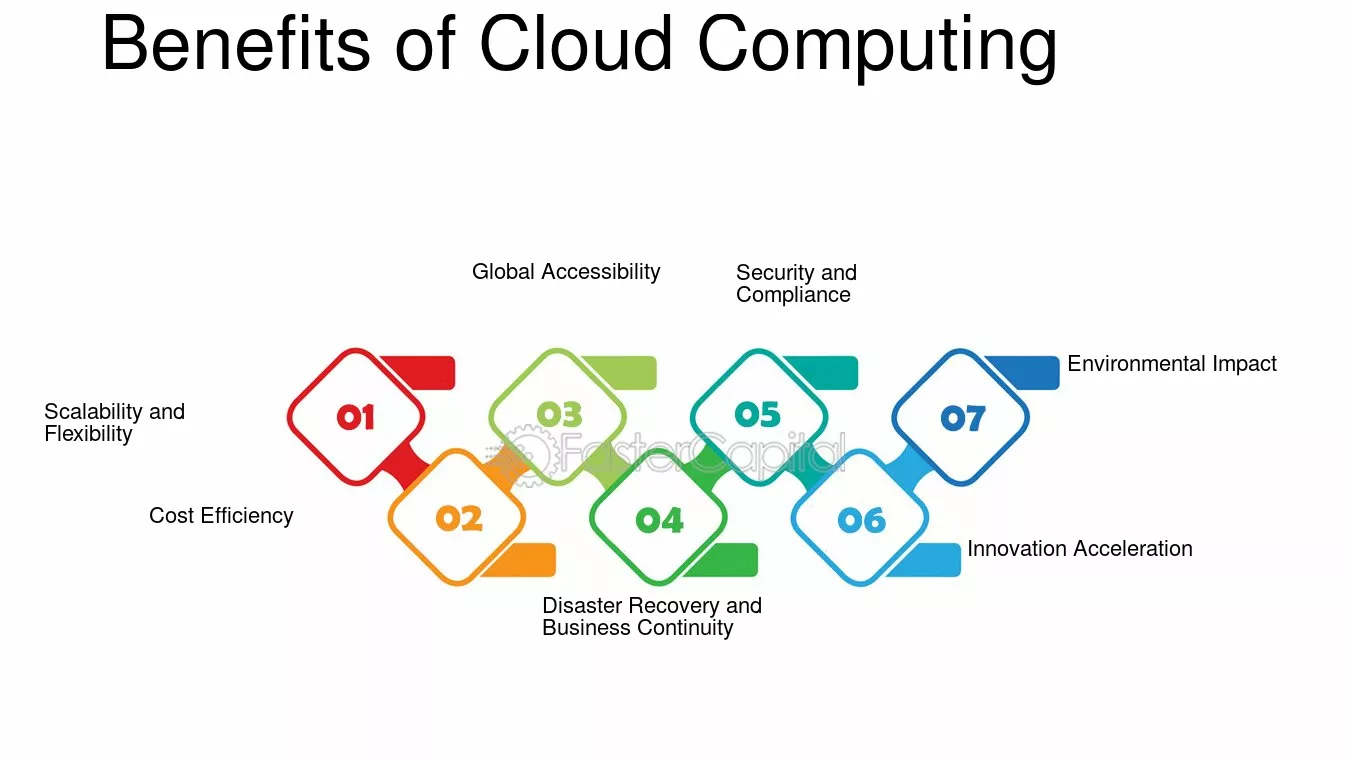Cloud-based software is revolutionizing how businesses operate by offering solutions that enhance efficiency, cut costs, and improve collaboration. By moving to the cloud, organizations can streamline their operations and adapt more quickly to changing market conditions. This article explores how cloud-based software is streamlining operations across various aspects of business management.

Enhancing Operational Efficiency
Cloud-based software boosts operational efficiency by automating routine tasks and integrating various functions. Automation reduces manual effort and the potential for human error, enabling employees to focus on more strategic activities. For example, cloud-based tools can automate invoice processing, inventory management, and customer notifications, resulting in faster and more accurate operations.
Reducing IT Costs
Cloud-based solutions offer a cost-effective alternative to traditional IT infrastructure. By using cloud services, businesses eliminate the need for expensive hardware, maintenance, and upgrades. Instead, they pay for what they use on a subscription basis, which can be more manageable and scalable. This reduction in IT costs allows organizations to allocate resources more efficiently and invest in other areas of growth.
Improving Data Access and Collaboration
Cloud-based software enhances data accessibility and collaboration by allowing employees to access information from any location with an internet connection. Tools such as Google Workspace and Microsoft 365 enable teams to collaborate in real-time, share documents, and communicate seamlessly. This increased accessibility supports remote work and ensures that team members can stay connected and productive regardless of their physical location.
Streamlining Communication
Cloud-based communication tools streamline interactions within organizations and with external stakeholders. Applications like Slack, Microsoft Teams, and Zoom provide platforms for instant messaging, video conferencing, and project management. These tools integrate with other cloud-based applications, creating a unified communication system that simplifies information sharing and decision-making.
Facilitating Scalable Solutions
Scalability is a significant advantage of cloud-based software. Cloud platforms allow businesses to scale resources up or down based on demand without the need for physical infrastructure changes. This flexibility is particularly beneficial for businesses experiencing growth or seasonal fluctuations. Scalable solutions ensure that organizations can handle increased workloads efficiently and adapt to changing market conditions.
Enhancing Data Security
Data security is a top priority for cloud-based software providers. These platforms invest in advanced security measures, including encryption, access controls, and regular security updates. Cloud providers also implement redundancy and disaster recovery plans to protect against data loss. This robust security infrastructure helps businesses safeguard their information and maintain compliance with industry regulations.
Optimizing Resource Management
Cloud-based software optimizes resource management by providing tools for tracking and analyzing resource usage. Applications for project management, human resources, and finance offer insights into how resources are allocated and utilized. This visibility helps businesses make informed decisions, allocate resources more effectively, and improve overall operational efficiency.
Enhancing Customer Experience
Customer relationship management (CRM) tools are a key component of cloud-based software that enhances customer experience. Cloud-based CRMs provide features for managing customer interactions, tracking sales, and analyzing customer data. By using these tools, businesses can personalize their interactions, respond to customer inquiries more promptly, and build stronger relationships.
Simplifying Compliance and Reporting
Compliance and reporting are simplified with cloud-based software. Many cloud solutions include features for tracking and documenting compliance with industry regulations. Automated reporting tools generate accurate reports and ensure that businesses meet their regulatory requirements efficiently. This automation reduces the burden of manual reporting and helps organizations stay compliant with less effort.
Enabling Remote Work Flexibility
Remote work flexibility is another benefit of cloud-based software. By providing access to applications and data from any location, cloud solutions support remote and hybrid work arrangements. Employees can work from home or other remote locations, maintaining productivity and collaboration without being tied to a specific office. This flexibility contributes to a better work-life balance and helps attract and retain top talent.
Conclusion
Cloud-based software is streamlining operations by enhancing efficiency, reducing costs, and improving collaboration. From automating routine tasks to providing scalable solutions and robust security, cloud-based tools offer numerous benefits for modern businesses. By leveraging these solutions, organizations can optimize their operations, adapt to changing conditions, and drive growth in an increasingly digital world.
